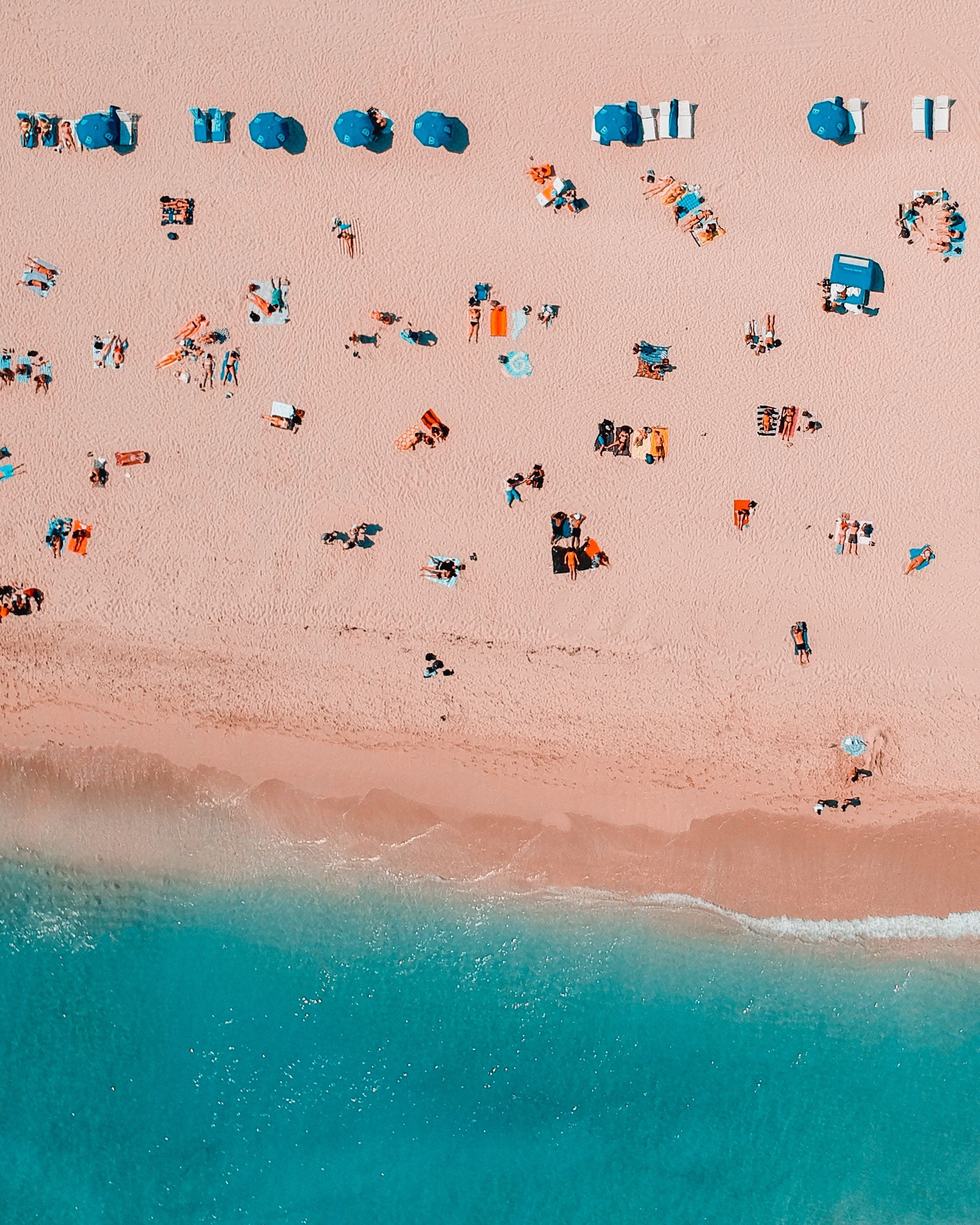The Truth Behind the Tan
57% of people say they feel more ‘confident’ with a summer tan. But should we risk our lives for the sake of confidence?
The connotations of a tan have been inverted over time. Elizabeth I used make up to appear paler. The trend was followed nationwide – women with tanned skin were lower-class laborers, so whiter skin was important for promoting personal wealth. Who would poison themselves for the sake of complexion?
With SPF only being invented in the 60s, we remain undereducated regarding the true dangers of sunbathing
In the 1920s, Coco Chanel caught the sun and revolutionized what it meant to have a bronzed tan. Chanel had been on a cruise, so the practice of sunbathing correlated with wealth, pleasure and relaxation, reversing its former meaning. However, with SPF only being invented in the 60s, we remain undereducated regarding the true dangers of sunbathing and the necessity for protection.
The social status of paleness has not only changed over time, but also differs geographically, depending on where you are from. The rule tends to be that in Western countries a tan insinuates sunny holidays abroad, and thus, disposable income. Contrarily, in many Asian and African countries, paler skin represents affluence.
When your skin goes a golden brown colour, the ultraviolet rays have not destroyed the cells, but tampered with them enough to change your DNA
Of course, sunburn has a whole different social meaning. The Beetroot-coloured Brit, fresh after their first beach barbecue of the year is, whilst iconic, not desirable or attractive. It’s painful for the lotion refuser, and funny for the rest of us. When people are peeling off their skin like a layer of dried PVA glue, the radiation has been so intense their cells have completely died. Not so funny, in retrospect. When your skin goes a golden brown colour, the ultraviolet rays have not destroyed the cells, but tampered with them enough to change your DNA. This still makes susceptible to skin cancer. Again, less appealing in retrospect.
But what about the shortcuts to tanning? Well, sunbeds do the same thing as the natural sunshine: the UV rays pierce the cells and corrupt the DNA so that the skin changes colour. Although fake tan products were given an unconvincing reputation by the likes of The Only Way is Essex, and more recently, Donald Trump, it is definitely the safest way to sport a warm glow. Personally, I find them a nightmare to apply, but if you can work out the how to avoid splodgy orange feet, fake tan is not only the cheapest option, but the safest. Unfortunately, though, your £8 bottle won’t provide you with the magical sights of Bali or the Sex-on-the-Beach sweetness as you sip your third all-inclusive cocktail at the poolside in Magaluf.
As the summers are getting hotter and global travel is getting cheaper, it may be a matter of time before the novelty of being sun-kissed and glowing wears off anyway
I don’t need statistics to say that sunshine makes my day brighter (excuse the pun) and sure, a tan makes me feel better about myself. The prospect of an upcoming holiday in the sun is what motivates many people to take that extra overtime shift or simply clock-in a few extra hours at work.
Use sun cream. Wear a hat. Buy some sunglasses. Be sensible by not staying out for ten hours a day, but moving into the shade and sipping cold water, helping to reduce the effects of too much sun, especially short-term dangers like sunstroke and dehydration. Taking precautions when acquiring a glorious tan does not remove the risks of UV, but reduces them at the very least.
It is a fact that too much sun can kill us. Too much bronzing can kill us. But then, so could tobacco, or alcohol, or sugar. It seems that all our luxuries in life come with a price to pay if we take it too far. It’s about moderation. And as the summers are getting hotter and global travel is getting cheaper, it may be a matter of time before the novelty of being sun-kissed and glowing wears off anyway.

Comments